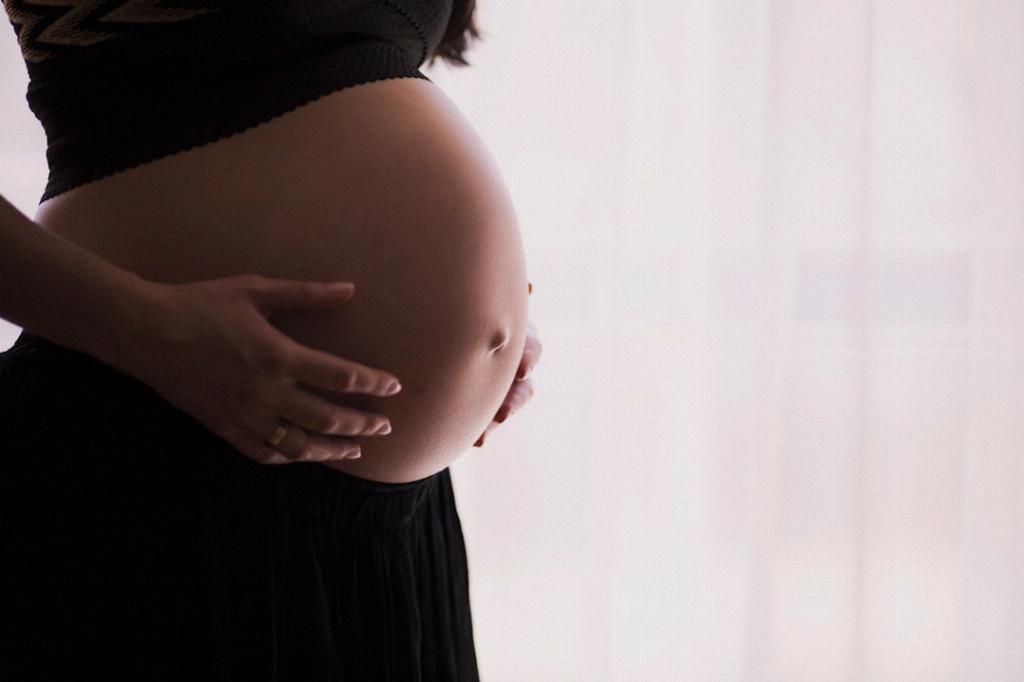Alcohol consumption during pregnancy is a topic that has raised significant concerns in the medical field and among expectant mothers. The impact of alcohol on a developing fetus is a critical issue that requires careful attention. It is important to understand that the effects of alcohol on a fetus can be significant and potentially harmful, regardless of the amount consumed.
Research indicates that alcohol has the potential to disrupt fetal development at any stage, including before a woman is aware that she is pregnant. This means that even early on in pregnancy, when a woman may not yet realize she is expecting, the consumption of alcohol can have adverse effects on the developing fetus.
Binge drinking and heavy alcohol consumption during pregnancy have been shown to pose the greatest risk to a developing baby. These patterns of drinking can lead to severe problems for the fetus, including developmental delays, physical abnormalities, and cognitive impairments. It is crucial for pregnant women to avoid binge drinking and heavy alcohol consumption to protect the health and well-being of their unborn child.
While binge drinking and heavy alcohol consumption present the highest risk, it is essential to recognize that even lesser amounts of alcohol can cause harm to a developing fetus. Research has shown that even moderate alcohol consumption during pregnancy can result in various adverse effects on the baby’s growth and development.
One of the key factors that determine when alcohol affects a fetus is the timing of exposure. The effects of alcohol on fetal development can vary depending on the gestational age at which the exposure occurs. Different stages of pregnancy carry different risks associated with alcohol consumption, highlighting the importance of avoiding alcohol entirely during pregnancy.
Alcohol consumption in the first trimester of pregnancy, when many women may not yet be aware they are pregnant, can have significant implications for fetal development. During this critical period, the baby’s organs and systems are forming, making it crucial to avoid alcohol to prevent potential harm to the developing fetus.
As pregnancy progresses into the second and third trimesters, the risks associated with alcohol consumption remain high. The brain continues to develop throughout pregnancy, and exposure to alcohol during these later stages can impact cognitive function, behavior, and overall neurological development in the baby.
Furthermore, alcohol can affect the placenta, which plays a vital role in delivering nutrients and oxygen to the fetus. Alcohol consumption can impair placental function, leading to reduced blood flow and nutrient delivery to the baby, increasing the risk of growth restriction and other complications.
The effects of alcohol on a fetus are not limited to physical abnormalities but can also impact the baby’s cognitive abilities and behavior. Research suggests that prenatal alcohol exposure can lead to long-term neurocognitive deficits, including learning difficulties, memory problems, and behavioral issues in children born to mothers who consumed alcohol during pregnancy.
It is important for pregnant women to be aware of the risks associated with alcohol consumption during pregnancy and to prioritize the health and well-being of their baby. Avoiding alcohol entirely during pregnancy is the best way to ensure the optimal development and growth of the fetus without risking potential harm from alcohol exposure.
Overall, the question of when alcohol affects a fetus underscores the critical importance of avoiding alcohol during pregnancy. Whether in the early stages when fetal organs are forming or later in gestation as the brain continues to develop, alcohol consumption can have lasting and detrimental effects on the health and well-being of the unborn child. Pregnant women should prioritize the safety and welfare of their baby by abstaining from alcohol throughout pregnancy.

